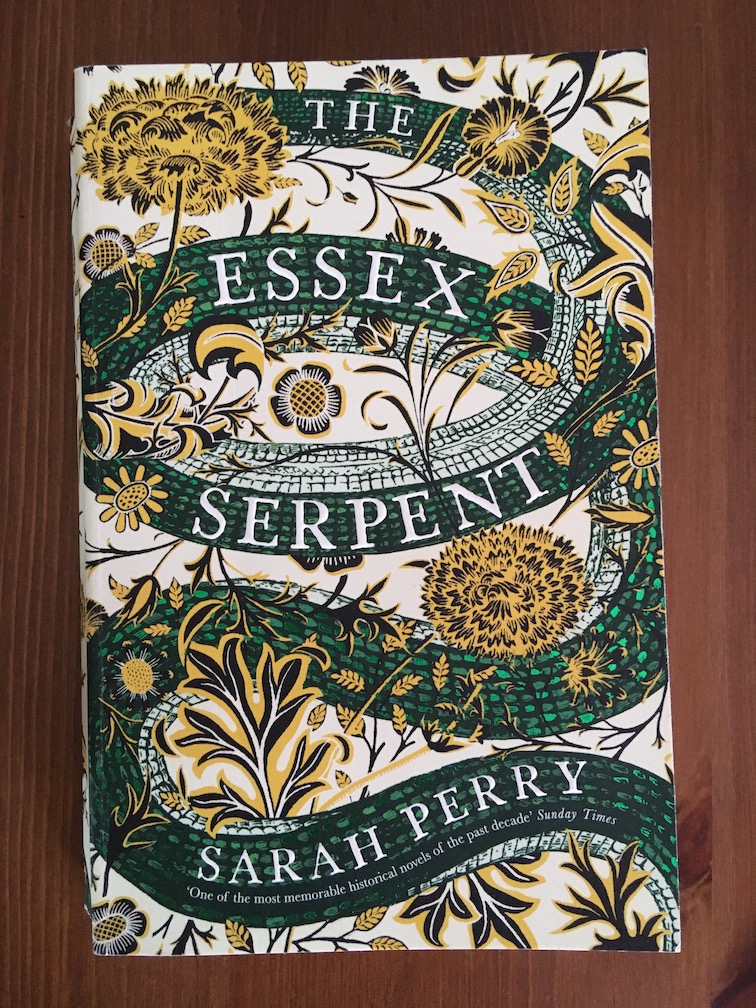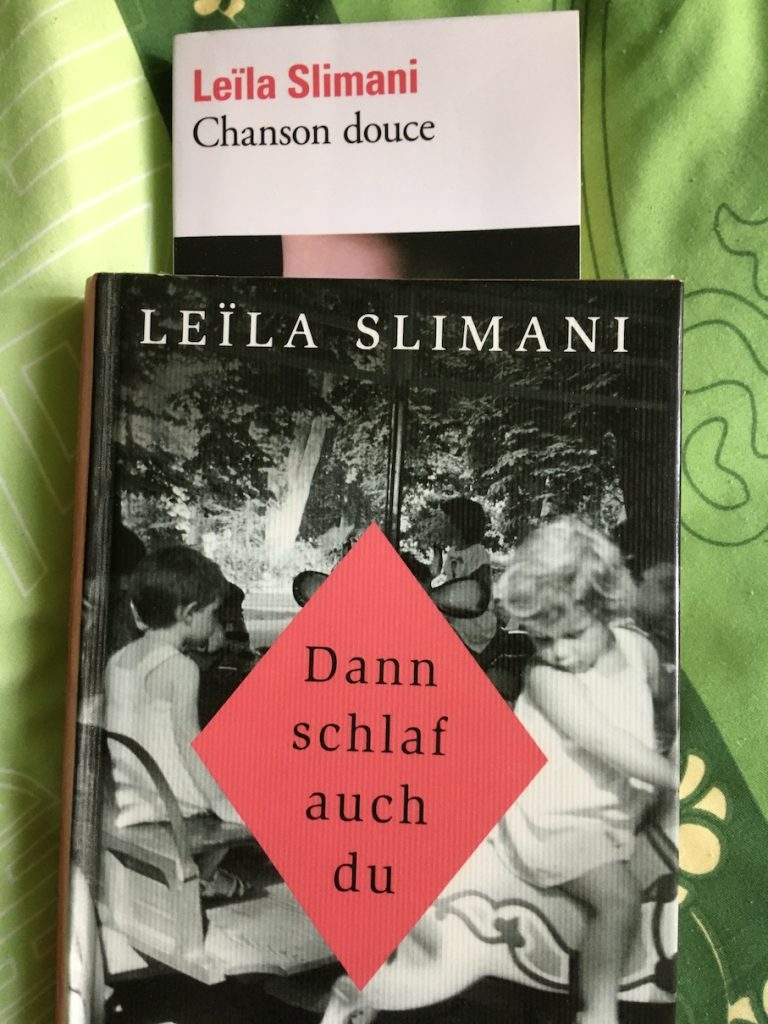For the last days, sleep has come at intervals, and when it arrives then never lasting very long. Too warm nights interrupted by god knows what, and accompanied by mentionable – and not – bodily needs, including the cerebral. Unable to return to sleep, this latter (the head bit) is satisfied only by reading until the eye lids become heavy and then drop. At times such as these, it is not usually to the book(s) I am presently in the midst of that I turn, rather I reach to short stories or essays that I can read through in one fell swoop.
So it was, during one disturbed night last week, that I picked up Hilary Mantel’s 2014 short story collection “The Assassination of Margaret Thatcher”.
I remember at the time of publication, there was a right royal hoo-ha at the title – lent from the final story of the collection. (Printed somewhere pre-publication, and read by me back then.) This was, after all, not very long after Thatcher’s death and the bells (in our heads) still rung with the sounds of: Ding dong! The Witch is dead. That, a rather distasteful appropriation I thought, and those chanting said ditty (not as the Munchkins do in the Land of Oz; rather, substituting a word that rhymes with ‘witch’ I seem to recall) too young and too privileged to have been affected by Thatcherism and the social coldness it brought. The title Hilary Mantel gives to her story, which very much describes the substance of it – not a metaphor, not a dream – doesn’t particularly concern me; I am confident that the author’s disaffection of Thatcher would be well informed and well felt, and could hardly surprise. Margaret Thatcher, after all, may have been a lot of things, but boring was she not, and offers a perfect template for a fictional character. And, a writer of the Mantel magnitude can well afford the well earned luxury of artistic risk and transgression. In my opinion. And, one could surmise she knew she would be asking for trouble; perhaps she was looking for it!
The collection (eleven stories) is framed by its opener and the said Assassination, and while the latter gets the title and ISBN, most of the attention and the tut-tuts, it is the first, “Sorry to Disturb”, that paves the way (one is tempted to again return to Oz and trip along a yellow brick road) that leads to the grisly end, via a series of various degrees of grotesque interludes. I say framed, because both stories evolve from male strangers intruding into the constricted domestic space of a woman; their motivations may be other but both are accompanied by an aura of deceit and the suspicion of a ‘not good’ agenda. In the first story, that agenda is based on opportunism, cultural expectations and misunderstandings and is, in the end, warded off and ultimately harmless, in the last, both the intent and the outcome are clear – and deadly.
“Sorry to Disturb” is written in the first person and is a memoir piece (first published as “Someone to Disturb“ in the LRB in 2009 and referencing diary notations) set in Saudi Arabia where Mantel lived with her husband during the 1980s. An excellent read, in my opinion, that illustrates well, and gives perspective to, the daily dilemmas Westerners living for a time in countries with vastly different social and cultural norms are confronted with – the atmospherics (in an extended sense), the solitude, and just the sheer strangeness of the whole adventure.
After reading the Assassination story again, I was struck, not just by how extraordinarily similar the narrative voice was, but the odd sameness of the structure. Almost like the same story spun on its axis and transplanted from the suffocating heat of Jeddah to the leafy green of the English home counties. In both stories the narrator is not just complicit in the chain of events that follow, but makes herself almost into a co-conspirator, even as she – or is it another entity – stands outside the plot considering the action. Do I recognize the magnificent style of the Cromwell trilogy here?
In-between are, of course, ten other stories. Maybe some are better than others but, to my mind, all have a peculiar slant and psychological depth. They are short and succinct, and with the fine composition one would expect from Hilary Mantel. Mostly in the first person, but not all. Some are grotesque, some tragic. There is often humor where good taste says it shouldn’t be – which just shows how overrated good taste is. They are very idiosyncratic.
In the end, Mantel’s stories may well have worked magic – but not upon my eyelids; in fact, I devoured the entire volume. However unsettling the subject matter, my conscious self was not over stimulated. Rather, my intellect nourished, sleep became my reward.
A couple of stories from this collection and other works from Hilary Mantel are available in the London Review of Books archive (usually subscription is required).
[22nd June 2022] Well, who would have thunk it! Some things have a longer life on the internet than others – at The Guardian (where it was that I probably first read it) – is, still, the fictional demise of Mrs. Thatcher, titled: Hilary Mantel: The Assassination of Margaret Thatcher – August 6th 1983.



